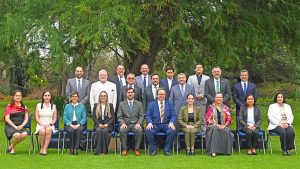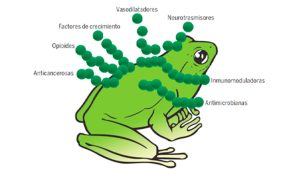Artificial Intelligence and Power: A Reflection by Leonardo Padura
As divisions deepen, totalitarianism is evolving. From Putin’s Kremlin to Trump’s Washington, what once seemed a relic of the past resurfaces in unpredictable ways. Artificial intelligence (AI) could be one tool that shapes this transformation.
This concern is shared by acclaimed Cuban writer Leonardo Padura, who has reflected on AI’s potential role in the rise and persistence of totalitarian systems.
Born in Havana in 1955, Padura has extensively explored themes of power, repression, and history in his work. His novel The Man Who Loved Dogs, now celebrating its 15th anniversary, delves into these topics while exposing the darkest aspects of totalitarianism. To mark the occasion, Padura will join Rosa Beltrán, UNAM’s Cultural Affairs Coordinator, for a discussion on February 26 at Miguel Covarrubias Hall.
More than a historical novel about Leon Trotsky’s escape from Stalin’s regime and his fateful connection with Ramón Mercader, The Man Who Loved Dogs profoundly mediates Cuba’s history and complex political landscape. Having spent his adult life in socialist Cuba, Padura draws on personal experience and sharp critical insight to analyze the collapse of egalitarian utopias—a recurring theme in his literary career.
Published in 2009, The Man Who Loved Dogs emerged during Cuba’s “Special Period,” a time of deep economic crisis following the collapse of the Soviet Union. Cuban literature responded to this era with greater critical reflection, and Padura’s work stands as a key example of this shift.










